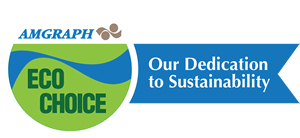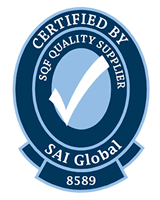When brands lie about the sustainability of their products, it isn’t just their reputations that can get hurt.
You’ve probably heard the term “greenwashing” in the news lately, but you might not be clear what it means. If you’re interested in sustainability, though, it’s something you need to understand and watch out for. It isn’t only dishonest—it can be downright dangerous.
Here’s what it’s all about, in a nutshell. Consumers, especially younger ones, have high demands for sustainability in the products they purchase. They expect products to be ethically manufactured and responsibly packaged, in ways that do as little harm to the environment as possible.
Brands are aware of this. But some of them put their efforts into marketing themselves as sustainable and earth-friendly without actually doing the work to become sustainable. Because standardization and regulation are still somewhat lacking in the area of environmental practices, it can be easy for less-than-ethical companies to call themselves “green” when they simply aren’t. They use vague or irrelevant language in their marketing or on their packaging, and in the end, consumers are misled.
Labels like “all-natural,” “eco-friendly,” or even “recyclable” can be very deceiving. There are no hard-and-fast rules for what they mean, so unethical brands can be quick to jump on the marketing bandwagon without truly improving their practices.
Right here in Connecticut, our Attorney General has filed suit against Hefty trash bags for claiming their “recycling” bags are “perfect for all your recycling needs.” But those bags are incompatible with all our recycling facilities. They can become tangled in equipment and can cause serious malfunctions, and that’s the case in many recycling facilities for bags like this.
It would be bad enough to trick consumers into buying your products by leading them to believe you’re a sustainable company—but that’s just the beginning. Greenwashing can lead people to dispose of potentially dangerous materials improperly; for instance, they might try to compost something that claims to be compostable but actually contains harmful chemicals. That can result in serious contamination.
At AMGRAPH, we are taking a stand against greenwashing. We are making sure that every package we produce is as sustainable and environmentally friendly as possible—and that our customers are aware of the proper labeling and marketing. Nothing we produce will be sold as recyclable, compostable, or reusable unless it is. We take our responsibility to customers—and to the planet—very seriously, and we believe in full transparency. Greenwashing is not welcome here.









